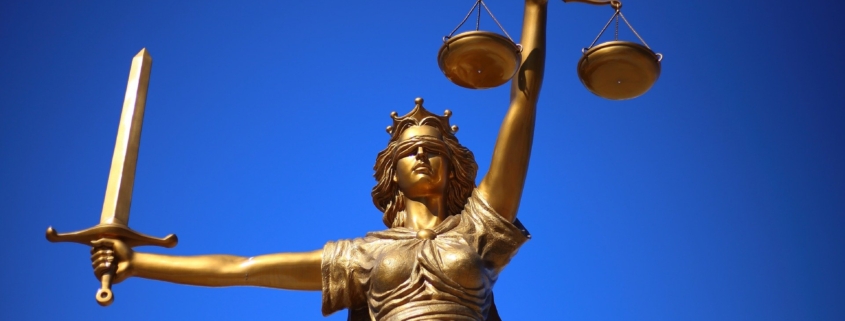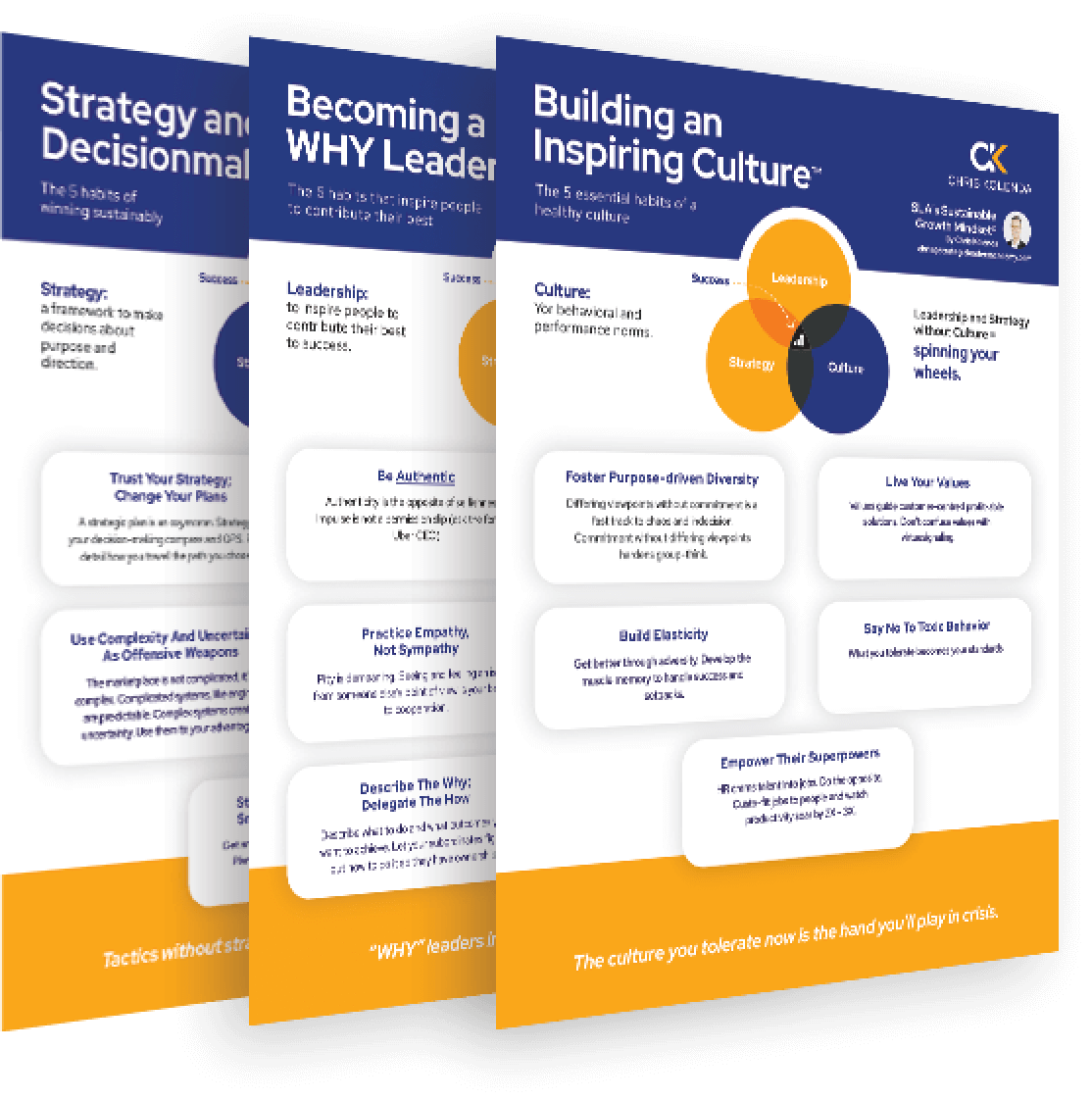Biden’s Supreme Court pick shows that Diversity is more Than Skin Deep
Physical diversity is what you can see; cognitive and experiential are below the waterline.
I am proud of President Biden for announcing that he will nominate a Black woman for the Supreme Court (he torpedoed President George W. Bush’s 2003 effort to appoint a Black woman). Organizations tend to be more legitimate when they reflect the demographics of the communities they serve, and there are plenty of Black women who will be superb justices in America’s highest court.
I hope he picks a truly diverse candidate — one from outside the Ivy League bubble. Diversity is more than skin deep. Physical diversity is only one element of a powerful triad. Like an iceberg, physical diversity is what you can see; cognitive and experiential are below the waterline.
People’s hardwiring affects how they lead organizations, solve problems, and deal with risk
The PROM archetypes(TM) illustrate the differences.
Like Malcolm X and General George Patton, Pioneers are tactical innovators who rally people behind new ideas and changes.
Reconcilers (like Abraham Lincoln and Dwight Eisenhower) manage consensus and keep people on board.
Operators (George Washington and Indra Nooyi, for example) make the trains run on time and get things done – like Steve Jobs and Alexander Hamilton.
Mavericks are your strategic innovators who solve complex, wicked problems. (Get your PROM Archetype here).
Many large organizations show the dangers of homogeneity. The military and government, for instance, love detail-oriented people and tend to resist idea-centric people. By the time a year-group reaches senior ranks, most of the Pioneers and Mavericks have gotten drummed out or left in frustration, leaving a disproportionate number of Reconcilers and Operators. The latter self-perpetuate by selecting and promoting people who think and act like them, a problem called affinity bias. Poor strategic innovation in recent wars shows the consequences of poor cognitive diversity.
Personal experiences matter
John McWhorter shows that socio-economic circumstances are far more potent in shaping perspectives than race or gender. People tend to share worldviews with people raised and educated in similar situations. Veterans who’ve experienced intense combat have points of view different from citizens who have not. If you’ve fought your way from poverty to the middle class, you are likely to have different outlooks than colleagues who’ve been middle-class suburbanites their whole lives.
When making policies or strategies that affect people of varying circumstances, these perspectives matter. Ideas that seem sound within an elite bubble can come across as condescending or ham-fisted to those outside of it. Some progressives cannot fathom why people view “woke” as revenge racism that’s ripping society apart. Even San Franciscans seem to have had enough, recalling three uber-woke school board members. At the same time, some conservatives don’t get the outrage after calling the January 6th riot legitimate political discourse. They cannot seem to resist stepping on the 2020 election rake. Experiential diversity helps you avoid inhaling your own gas.
It’s time to get beyond the view that diversity only involves chromosomes. Leaders like you perform best when people among all parts of the diversity triad work together toward the common good.
What’s the next step in building your diversity triad?
Building your Chest – Exclusive Events
The next Antietam & Gettysburg exclusive event takes place March 15-18. This program is for seven leaders and consultants who want to turbocharge 2022 with innovations that move you from competitive to better and distinct. We use critical points on the battlefield to discuss decision-making, gaining buy-in, improving agency and initiative, and how to avoid getting high off the smell of your own gunpowder. We finish with an innovation workshop to develop action steps to gain decisive competitive advantages. There is one space left. Your investment (including food and lodging) is $4500 until February 21 and $5500 after that. Spouses or significant others welcome.
The Hudson Valley in the Revolution (July 27-30) focuses on people-centric innovation. We’ll travel to Fort Ticonderoga on beautiful Lake Champlain, the famous Saratoga battlefield, the majestic garrison at West Point, and the Stony Point battlefield. Most threats to an organization’s success come from within, and this challenge was true for the Continental Army. We’ll use the history to discuss practical ways to address toxic workplace behaviors, engage and retain your top talent, inspire people to contribute their best to your team’s success, and many others. You’ll build new thought leadership that will be game-changers for your clients and employees.










